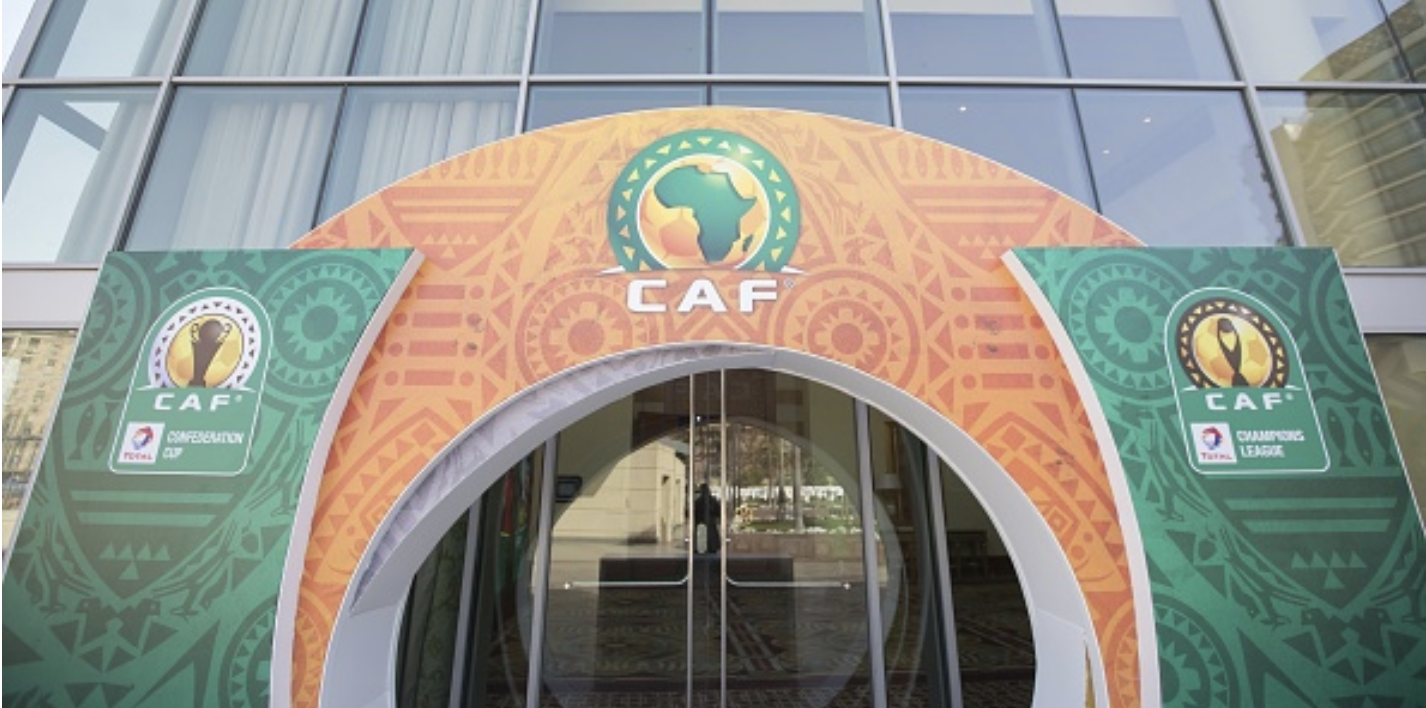August 16 – Eight African countries have been stripped of home advantage in next month’s World Cup qualifiers after their grounds were deemed unfit at international level by the Confederation of African Football (CAF).
Burkina Faso, the Central African Republic, Djibouti, Guinea Bissau, Malawi, Mali, Namibia and Niger have all had matches moved to neutral grounds at the start of the group phase of Africa’s qualifiers for the next World Cup in Qatar.
Poor stadium maintenance is a major problem in Africa and CAF boss Patrice Motsepe warned offenders soon after being elected CAF president this year to rectify the situation or face the consequences.
All those whose stadiums and or playing surfaces were not up to scratch were allowed to nominate alternate venues. But with only the 10 section winners advancing to the final elimination phase next March, the potential loss of home advantage for three matches could be crucial.
The ruling will come as a particular blow to Burkina Faso, who will now have to cede home advantage for what could be a pivotal Group A game against African champions Algeria on September 6. Instead of being played in Ouagadougou, the match has been moved to Marrakesh in Morocco.
Marrakesh will also host Niger’s clash with Burkina Faso on September 1. Djibouti will play Niger in another Group A game in Rabat on September 5 while Mali, favourites in Group E, must host Rwanda in Agadir on August 31.
Mali boasted six international standard stadiums when they staged the 2002 Africa Cup of Nations yet none are any longer deemed suitable.
Namibia, who host Congo on September 1 in Group H, and Malawi, at home to Mozambique in Group D on September 7, must play their games at the Orlando Stadium in Johannesburg. Guinea Bissau’s derby with neighbours Guinea in Group I has been moved in Nouakchott, Mauritania, despite a late inspection of facilities in Bissau where CAF found the playing surface, changing rooms and floodlights below international standards.
Contact the writer of this story at moc.l1751324800labto1751324800ofdlr1751324800owedi1751324800sni@w1751324800ahsra1751324800w.wer1751324800dna1751324800

